In September, South Africa celebrates Heritage Month. The country is blessed to have within its borders people from different races, cultures and religions inhabiting it, living in relative peace between them. This month marks the celebration of our nation's diverse culture and heritage. Government calls on all South Africans to use Heritage Month to foster greater social cohesion, nation building and a shared national identity. The country has 11 official languages, namely Sepedi, Sesotho, Setswana, siSwati, Tshivenda, Xitsonga, Afrikaans, English, isiNdebele, isiXhosa and isiZulu. None of these languages is more contentious than the Afrikaans language. The language along with the Afrikaner culture was intrinsically linked to the apartheid regime; its resentment still lingering 28 years after the dawn of democracy.
South Africa has an unsettling political, social and historical background, this is evident by the racial divisions which are by-products of apartheid. The Afrikaans language and culture is interwoven with the repressive regime. Apartheid means apartness in Afrikaans; this amongst other factors makes it difficult to distinguish between the regime, the culture and the language. Apartheid is derived from the Afrikaans language and it is defined as “a system of legislation that upheld segregationist policies against non-white citizens of South Africa.”
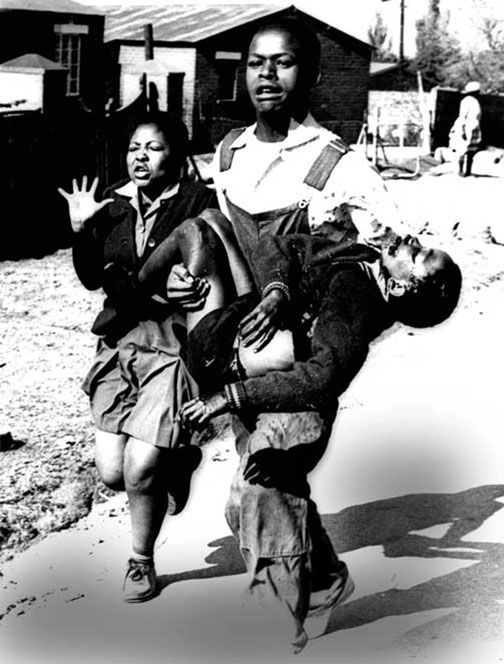
In an article written in 2012, Quayle and Verwey stated that “Afrikaner nationalism constructed and maintained Afrikaner identity, as well as the ideology of apartheid. The use of Afrikaner cultural and historical symbols (including the Afrikaans language) formed a very important part of this construction.” The perpetrators of the regime ruthlessly enforced their superiority and insisted that their language should replace English as the medium of instruction in Black schools. This policy, amongst other implementations, resulted in many protests which caught the global media’s attention and resulted in international sanctions against South Africa. These highly publicized protests include but are not limited to: the Soweto June 1976 Youth uprising, the 1956 Women's March in Pretoria, the Sharpeville massacre which occurred on 21 March 1960, etc. The international media was instrumental in obtaining liberation in the country. It was a collective effort and all parties who played an integral part in the dismantlement of the regime should be acknowledged.
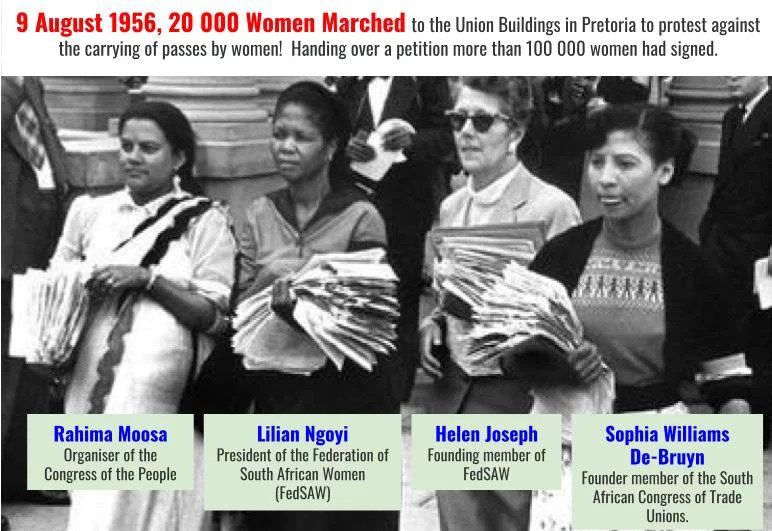
This regime became effective in 1948, and South Africa’s former Prime Minister, Hendrik Frensch Verwoerd, is considered to be the primary architect of it. Apartheid demoralized, dehumanized and stripped the dignity off of Black people, and Afrikaner nationalists were at the helm of this regime. The previous government introduced laws that were detrimental to Black people and their effects still plague the country. These degrading laws include the Immorality Amendment Act of 1950 which forbade extramarital sex between white people and people of other races, the Pass Laws Act of 1952 which required Black South Africans over the age of 16 to carry a pass book, known as a dompas, everywhere and at all times, and one of the worst is the Group Areas Act of 1950 which divided the lands in which Black and white people resided into distinct residential zones. There were many laws that were implemented during the apartheid regime which were in favour of white people and dehumanizing for Back people. These laws were so diabolical that they will take several generations for their effects to be neutralized.
Black people were the social group that was the most affected by apartheid, so it was for their own self-interest to fight and overthrow the apartheid government. There were several liberation movements that organized these protests such as the African National Congress, Pan Africanist Congress of Azania, United Democratic Front, etc. However, there was another group of Afrikaner literary artists known as the Sestigers who actively protested against the apartheid regime. During the early 1960s, a new literary movement, known as the Sestigers or the generation of the sixties, embraced secularization, modernity, racial tolerance and sexual freedom, and used modern literary techniques and subject matters to explore these themes.
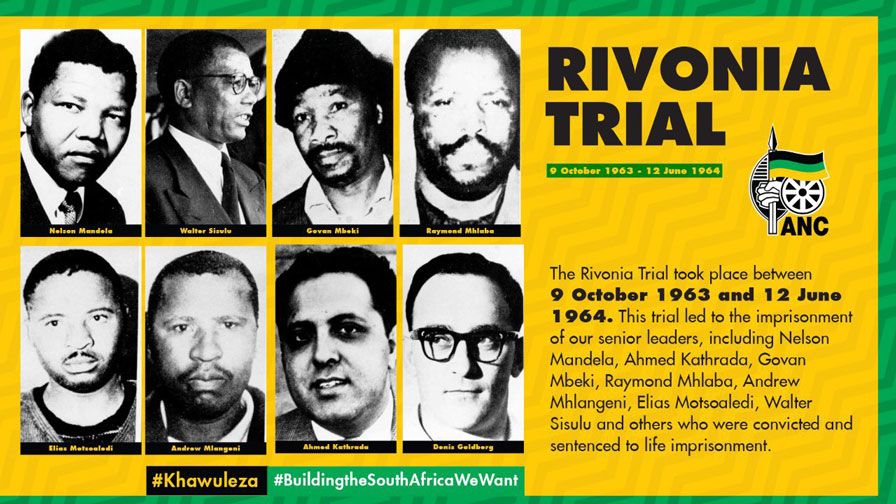
This group was started by André Brink and Breyten Breytenbach. It consisted mainly of Afrikaner literature writers which included Sestigers Jan Rabie, André Brink, Etienne Leroux, Elsa Joubert and Ingrid Jonker. These revolutionary writers studied abroad, mainly in Paris. They fled their country in order to be able to confront the apartheid government without restrictions.
What made this group distinct is that they wrote in their mother tongue which happened to be Afrikaans. They revolutionized the language and used it as a weapon against those who used it as a tool of oppression.
The Sestigers rejected Afrikaner political isolationism in the continent and focused on moving swiftly away from colonialism and toward majority rule.
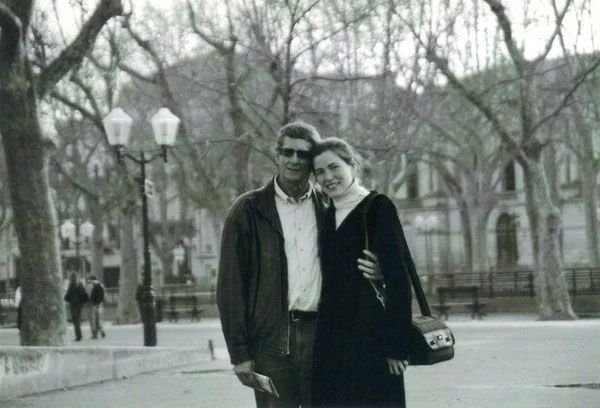
Their unwavering fight to disassociate the Afrikaner language from the oppressors falls in line with the United Nations Sustainable Development Goal of Sustainable Cities and Communities. Furthermore, their heroic fight for the equality and liberty of Black people embodies the United Nations Sustainable Development Goal of Peace, Justice and Strong Institutions.
The fight for liberty did not come without consequences. People who partook in the fight for liberation were either killed, exiled or imprisoned under terrible circumstances. The members of the Sestigers faced a lot of consequences which resulted in them fleeing their country of birth, leaving behind their loved ones, but they unequivocal believed that confronting the apartheid government outweighed the consequences. Their dissent was certainly politically engaged. Many of their novels, poems and plays focused on the subject of apartheid and race-relations generally. This group who continuously questioned, protested and objected the tyrannical apartheid government used their words to fight a war.
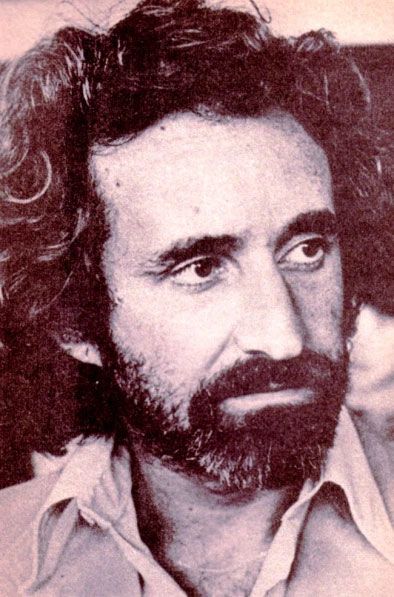
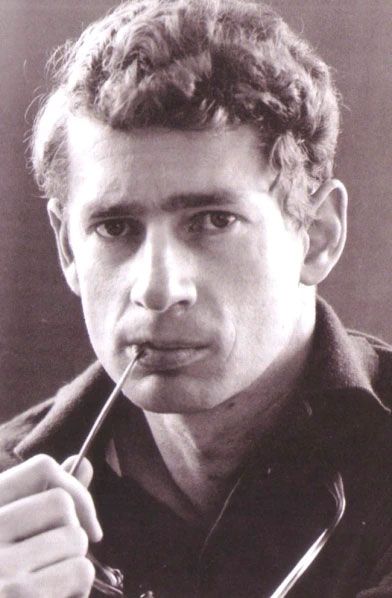
It is worth noting that Paris has been a refuge for civil rights activists such as Josephine Baker, James Baldwin, Nina Simone and many others. France had positioned itself as a colour-blind and tolerant country; this was a refreshing contrast to the tyrannical South African government. Like other activists who moved to France, they too escaped their repressive homeland in order to be able to speak truth to power. In the foreign land, they were able to be critical of the government without being confined to feeding the propaganda machine, which was compulsory for writers who stayed in the country. This is the reason why they chose Paris as the base for their resistance movement.
It is important to celebrate all groups of people who actively opposed apartheid. They used their influence to bring focus on the injustices that the white Afrikaner government was doing onto Black people. These writers were from a group of people who were on top of the totem pole and enjoyed extreme benefits, as well as privileges, which are inconceivable to those on the outside. But by moving to Paris they forfeited their privileges, which was not an easy decision.
In recent times, not a lot of people celebrate them nor are they given enough public attention. Currently, there is only one member who is still alive, the founding member, Breyten Breytenbach. It is important to celebrate those who came before us, more especially those who fought for the civil liberties that we often take for granted. It is tempting to overlook them as white people who are benefiting from white privilege. Both things can be true, but it does not take away from the contributions they had towards abolishing the apartheid regime.
